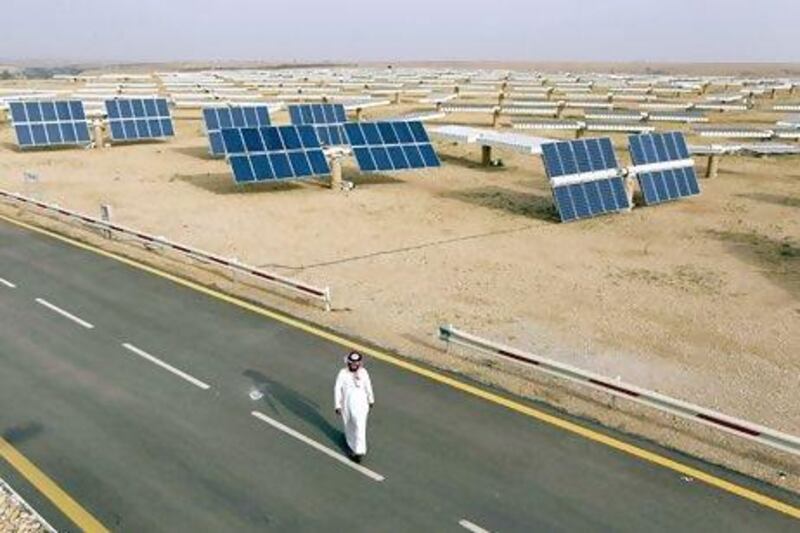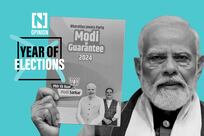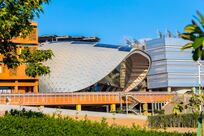Saudi companies are looking to solar electricity to hedge the risk of rising power prices if energy subsidies are cut, according to one of the kingdom’s biggest plant developers.
"Everybody is very convinced that electricity prices are going to be reformed over the next three years,'' the Acwa Power International chief executive Paddy Padmanathan in Paris told Bloomberg. "That means only one thing: that tariffs are going to go up.''
Saudi Arabia is in the midst of implementing its Vision 2030 master plan to wean its economy off oil and diversify into other industries. Crown prince Mohammed bin Salman has enacted policies to shake up the country, from a proposed initial public offering of Aramco to allowing women to drive. Part of his changes may eventually include rolling back energy subsidies that keep a cap on fuel and power prices.
The country plans to increase electricity generation from renewable energy sources to 9.5 gigawatts by 2030.
Saudi set a record October 3 in its first solar tender, drawing bids of just 1.79 cents a kilowatt-hour, a quarter lower than previous prices for the cheapest solar energy in the world.
____________
Read more:
World's cheapest prices submitted for Saudi Arabia's first solar project
UAE's push on solar should open eyes across wider world
Sheikh Mohammed bin Rashid announces winning contract for world's largest CSP solar project
____________
That bid was submitted by Abu Dhabi’s renewable energy company Masdar and France's EDF, coming in 24 per cent cheaper than the second lowest bid from Acwa Power.
Last month, Acwa Power and China's Shanghai Power were selected by the Dubai Electricity and Water Authority to build a 700MW extension to the Mohammed bin Rashid Al Maktoum Solar Complex, the largest concentrated solar plant in the world.
Acwa will be participating in a tender next week to provide a food processing firm with a “significant amount” of solar power that will come in below 100 megawatts, according to Mr Padmanathan.
Clean power purchase agreements between corporations and project developers are already big business in markets such as the US and the Nordics. Companies such as Facebook, Apple and Amazon.com are inking contracts that fix a price on their power. Now, Saudi companies are becoming interested in that approach.
“Everybody is starting to think, 'why don’t I get renewable energy procured and directly into my system now as quickly as I can,'’ Mr Padmanathan said. “This tender is a first off, but there are several others that are preparing tenders like this.’’
He is expecting the market for private renewable energy contracts in Saudi Arabia to ramp up to several hundred megawatts a year, taking as much as 2GW of demand off the country’s central power generation in as little as four years.
It is “what the future of the electricity consumption will look like in terms of energy consumption”, he said.
“Inevitably what you will find will be a very significant amount of renewable energy.”
In addition to its push into renewables, Saudi Arabia is also looking to improve energy efficiency to cut down on consumption.
Last week the Public Investment Fund (PIF), the country's sovereign wealth fund, announced the launch of a new energy service company, Super Esco, designed to increase energy efficiency across government and public buildings.
All government entities will be obliged to contract with the energy service company, established with a capitalisation of 1.9 billion riyals (Dh1.86bn), which will fund and manage the retrofit of government and public buildings, in a bid to reduce government spending on the electricity sector.
Projects in Saudi Arabia’s energy efficiency sector are estimated to be worth around 42bn riyals, or around 3bn annually, according to PIF.






